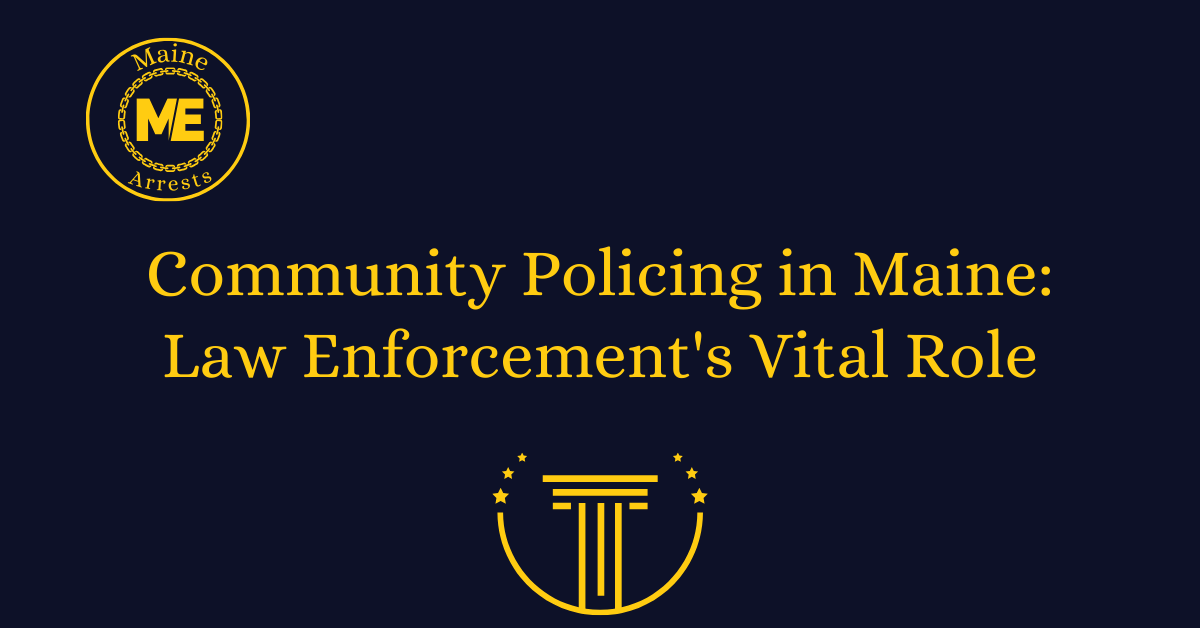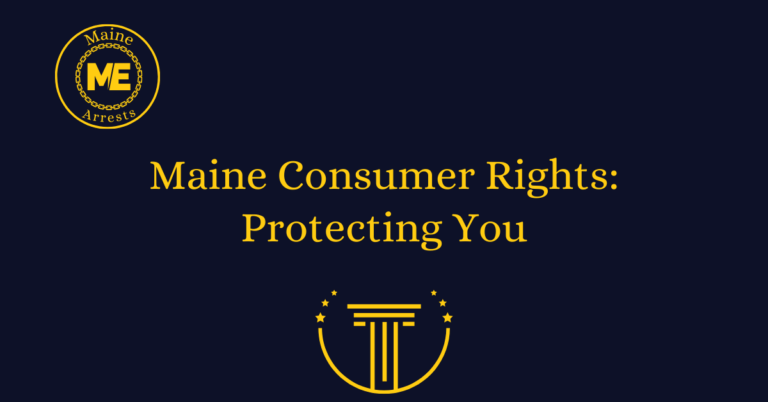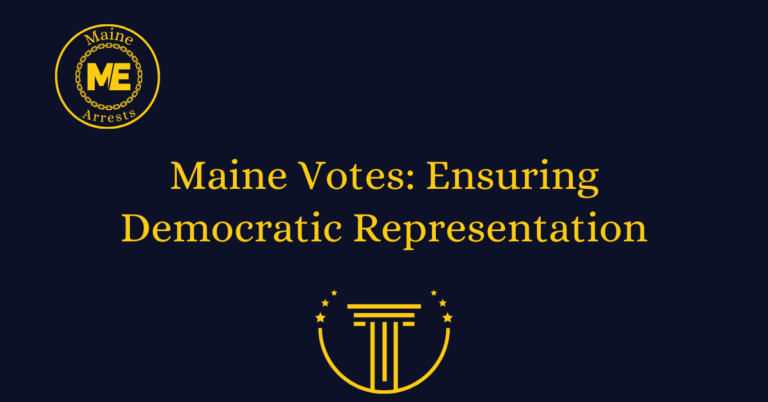Community Policing in Maine: Law Enforcement’s Vital Role
Community policing is an essential aspect of law enforcement in Maine. It plays a vital role in fostering strong relationships between law enforcement agencies and the communities they serve. By working together, residents and police officers can create safer and more secure neighborhoods.
At the heart of community policing is the belief that law enforcement should be a collaborative effort. It goes beyond traditional crime-fighting methods and focuses on building trust and understanding. Community policing in Maine is about establishing partnerships, engaging in problem-solving, and implementing proactive strategies to address the root causes of crime.
Building Safe and Strong Communities
Community policing is not just about enforcing the law; it is about building safe and strong communities. By working hand in hand, law enforcement agencies and community members can create an environment where everyone feels secure and protected.
Establishing Trust and Understanding
Trust is the foundation of any successful relationship, and the same applies to the relationship between law enforcement and the community. Through community policing, police officers aim to establish trust and understanding with the residents they serve. By engaging in open dialogue and actively listening to community concerns, officers can better address the specific needs and challenges faced by the community.
Partnerships for Progress
Community policing in Maine thrives on partnerships. It is not a one-way street, but rather a collaborative effort involving community members, businesses, and law enforcement agencies. By working together, these partnerships can create innovative solutions to address crime and improve the overall quality of life in our neighborhoods.
Engaging in Problem-Solving
Community policing goes beyond reacting to crime; it focuses on proactive problem-solving. By identifying the underlying issues that contribute to crime, law enforcement can work with the community to develop effective strategies. Whether it’s addressing drug addiction, youth violence, or neighborhood disputes, community policing aims to find long-term solutions that benefit everyone.
Preventing Crime at its Roots
Traditional crime-fighting methods are essential, but community policing takes it a step further by addressing the root causes of crime. By understanding the factors that lead individuals to engage in criminal activities, law enforcement can implement preventive measures. This proactive approach helps reduce crime rates and create a safer environment for all residents.
Engaging the Community
Community policing is not solely the responsibility of law enforcement. It requires active participation from community members as well. By engaging the community through programs, events, and initiatives, residents become stakeholders in their own safety. This involvement fosters a sense of ownership and empowers individuals to contribute towards building a safer community.
A Collaborative Effort for a Safer Future
Community policing in Maine is a collaborative effort that brings together law enforcement agencies, community members, and other stakeholders. By working together, we can create a safer future for all. Through strong partnerships, problem-solving, and preventive measures, community policing aims to build trust, foster understanding, and ultimately create safe and secure neighborhoods.
FAQs
What is community policing?
Community policing is a law enforcement philosophy that focuses on building strong relationships and collaboration between police officers and the community they serve. It aims to proactively prevent crime, improve public safety, and enhance the quality of life in the community.
How does community policing benefit the community?
Community policing benefits the community in various ways. It promotes trust and cooperation between the police and community members, leading to better crime-solving and prevention. It also encourages community involvement in problem-solving and decision-making, making the community safer and more resilient.
What is the role of law enforcement in community policing?
Law enforcement plays a vital role in community policing. They are responsible for establishing and maintaining positive relationships with community members, identifying and addressing community concerns, conducting outreach programs, and collaborating with other organizations to address the needs of the community.
How does community policing foster trust between the police and community?
Community policing fosters trust by promoting transparency, accountability, and open communication between the police and community members. It encourages officers to be visible, accessible, and approachable, allowing community members to feel comfortable reporting crimes, sharing information, and seeking assistance from law enforcement.
What are some examples of community policing initiatives in Maine?
Maine has implemented various community policing initiatives, such as neighborhood watch programs, community crime prevention workshops, school resource officer programs, community outreach events, and collaborative problem-solving efforts with community stakeholders. These initiatives aim to strengthen relationships and enhance public safety.
How can community members contribute to community policing?
Community members can contribute to community policing by actively participating in neighborhood watch programs, reporting suspicious activities, attending community meetings and workshops, volunteering for community events, and collaborating with law enforcement to address local issues and concerns.







